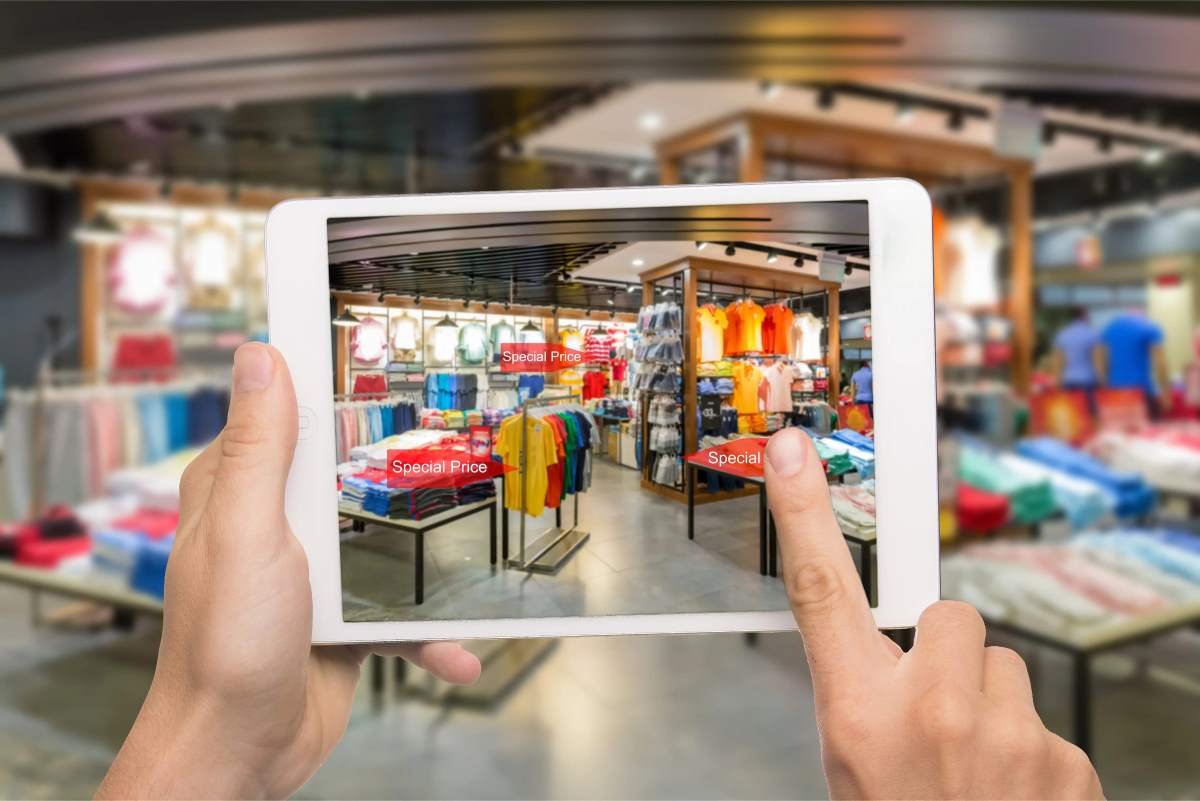How Augmented Reality Is Transforming Retail Experiences
According to recent studies, 61% of consumers prefer retailers that offer AR experiences, highlighting a significant shift in shopping behaviors. This technology not only enhances customer engagement through virtual try-ons but also streamlines decision-making with interactive displays. As you explore how AR personalizes shopping experiences, you’ll find that it’s reshaping the retail landscape in unexpected ways. What implications might this hold for your own shopping habits and brand interactions?
Enhancing Customer Engagement Through Virtual Try-Ons
As consumers increasingly seek personalized shopping experiences, retailers are turning to virtual try-ons to enhance customer engagement.
By offering immersive experiences through virtual fittings, you’re empowered to visualize products in real-time, reducing uncertainty in your choices.
Data shows that these interactive elements significantly boost conversion rates and customer satisfaction, making virtual try-ons a vital tool for brands aiming to connect meaningfully with their audience.
See also: How Biometric Authentication Is Improving Security
Streamlining Decision-Making With Interactive Displays
While navigating the complexities of retail decisions, interactive displays can significantly enhance your shopping experience by providing immediate access to product information and personalized recommendations.
Personalizing the Shopping Experience With AR Technology
When you step into a retail environment enhanced by augmented reality (AR) technology, the shopping experience transforms into an immersive journey tailored specifically for you.
Retailers leverage AR to deliver customized promotions that align with your preferences, creating a unique connection.
This immersive storytelling not only engages you but also drives sales, fostering a deeper loyalty and freedom to explore products in unprecedented ways.
Bridging the Gap Between Online and In-Store Shopping
Although the rise of e-commerce has reshaped consumer habits, augmented reality (AR) is playing a pivotal role in bridging the gap between online and in-store shopping.
Conclusion
As augmented reality weaves its magic into retail, it’s like unlocking a treasure chest of possibilities for both brands and consumers. By enhancing engagement with virtual try-ons and personalized experiences, AR transforms shopping into an interactive adventure. This technology not only streamlines decision-making but also bridges the divide between online and physical stores, creating a seamless journey. Embracing AR isn’t just a trend; it’s a strategic leap that can drive customer loyalty and elevate sales in today’s competitive landscape.





